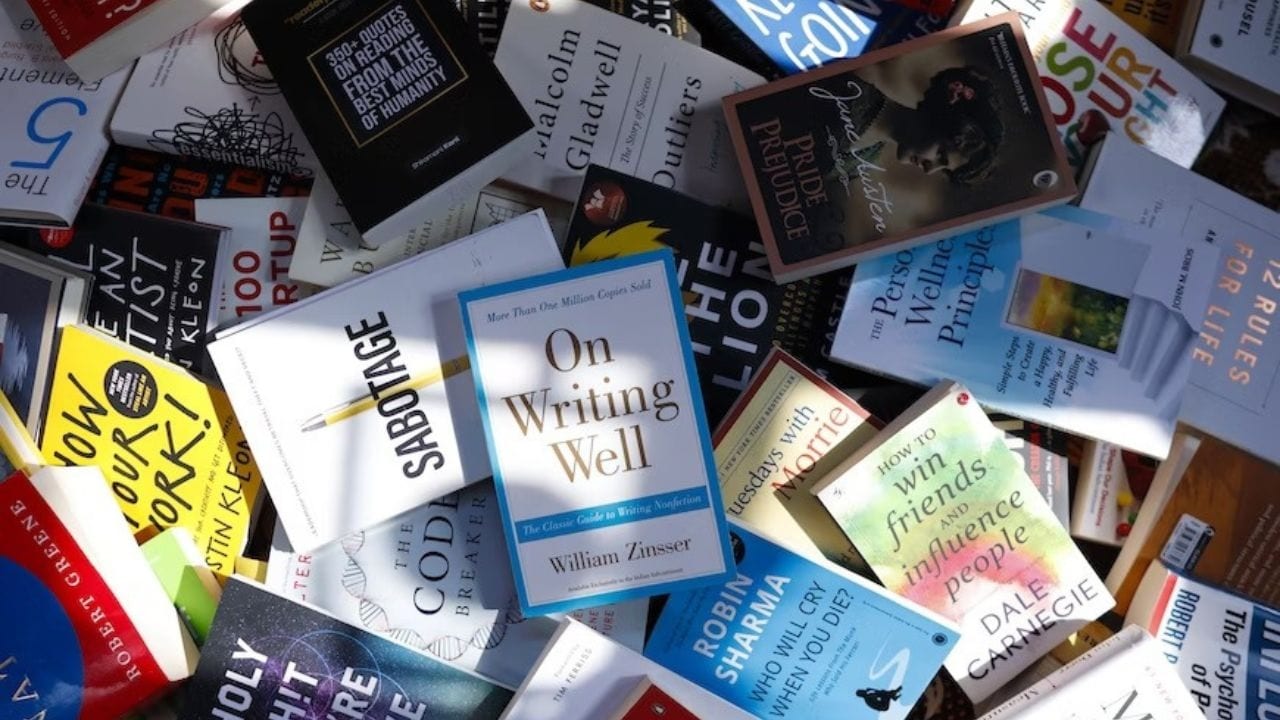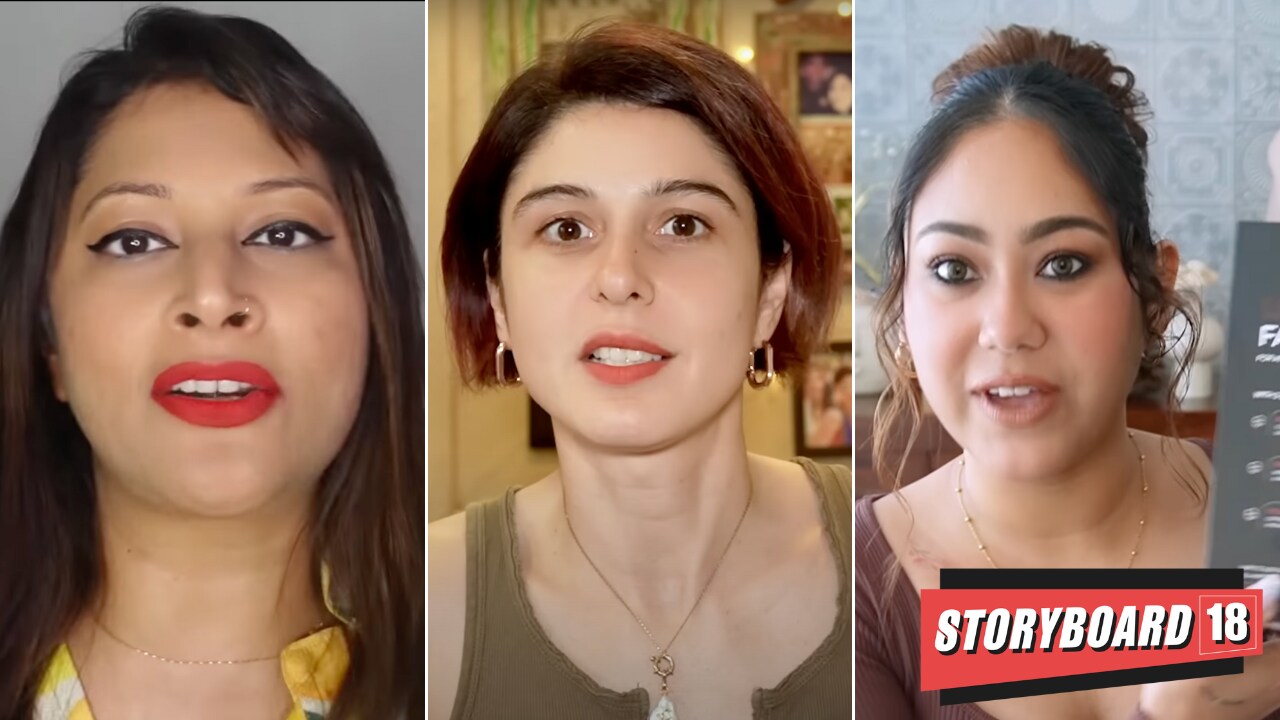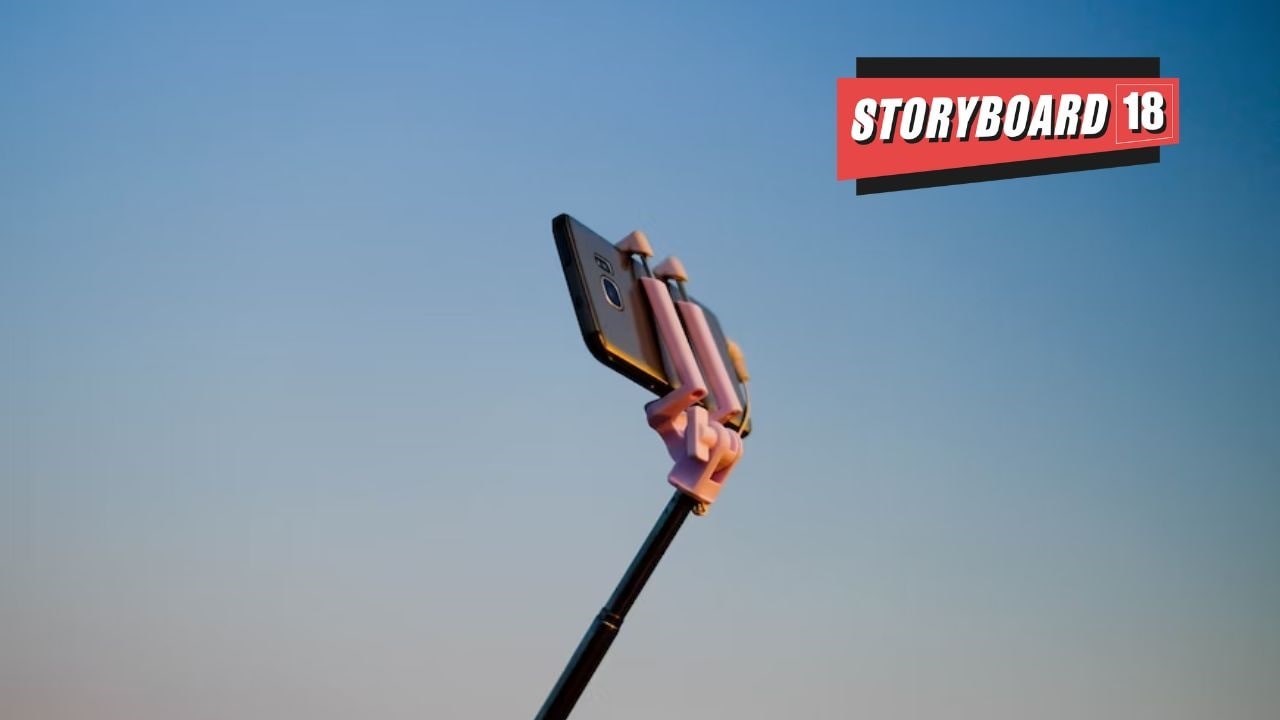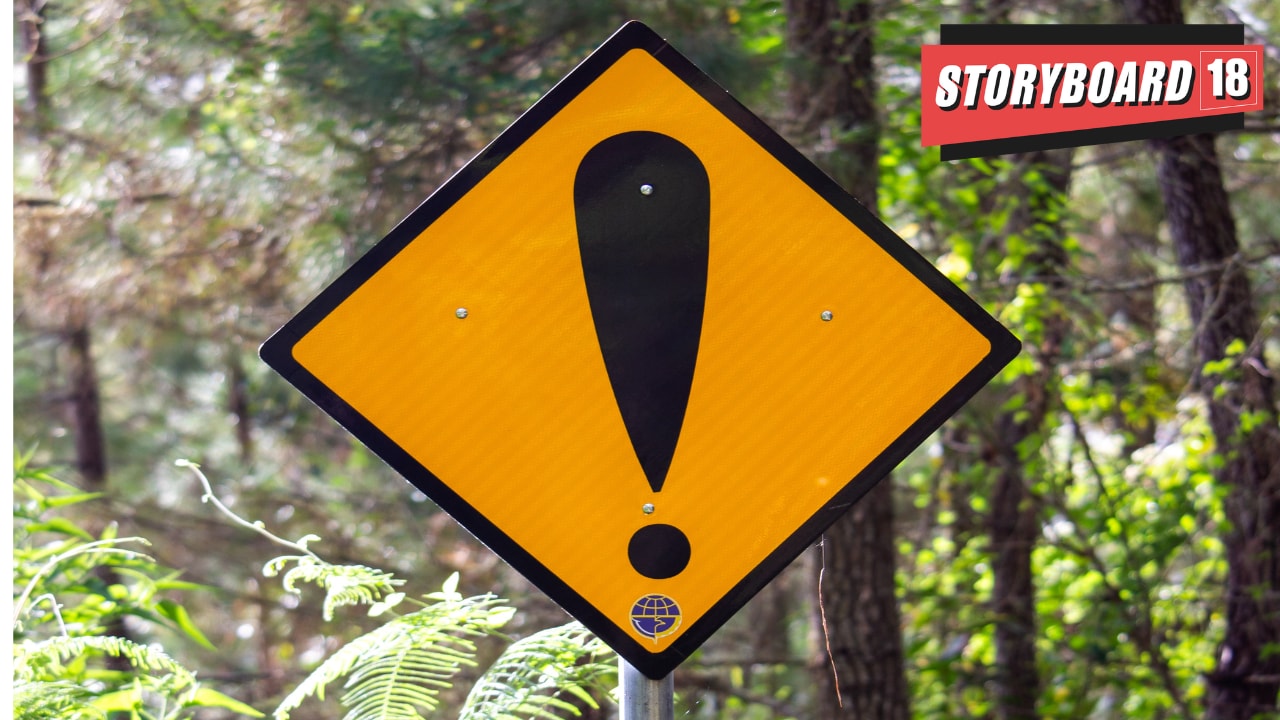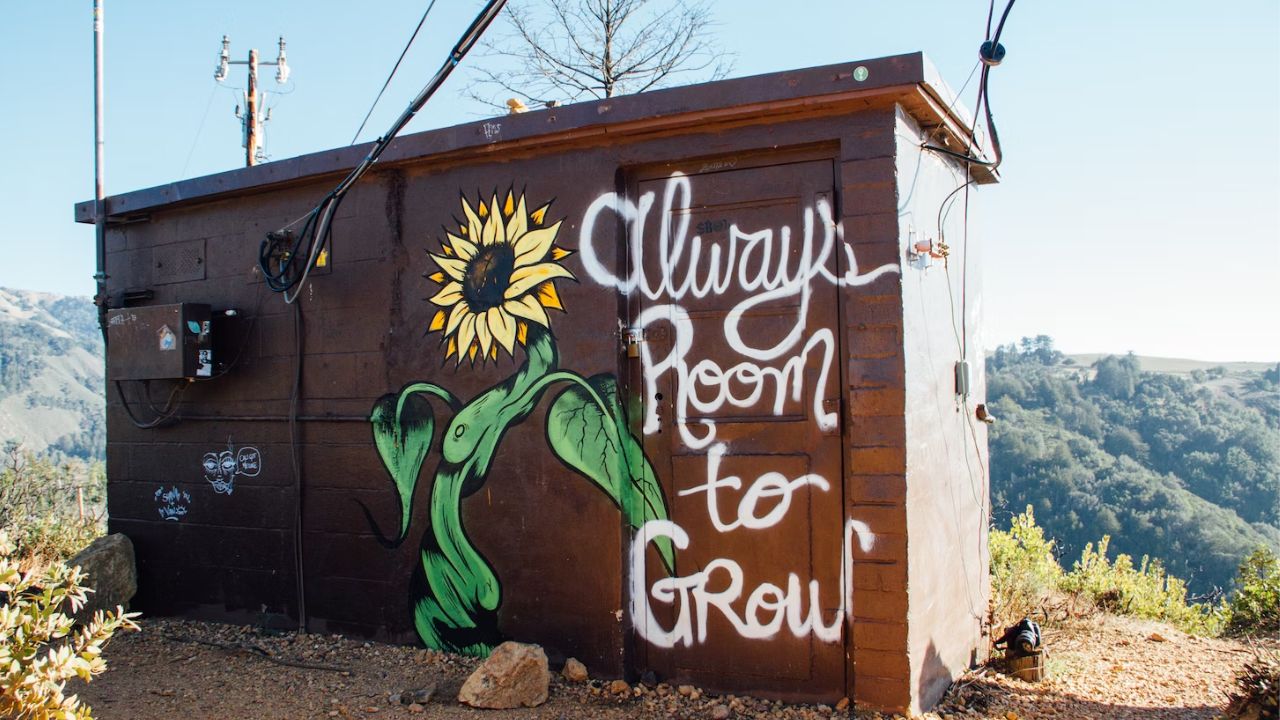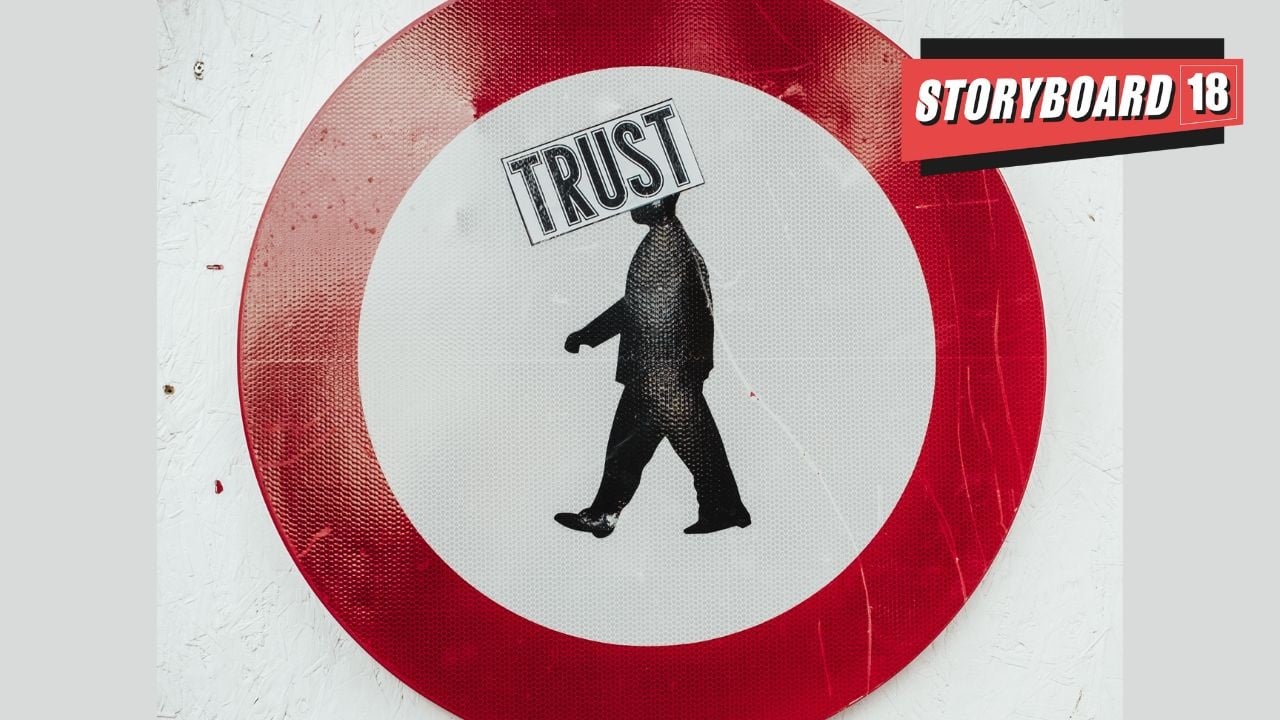What’s buzzing in influencer marketing and the creator ecosystem? What’s the next big thing coming down the line? Catch the big trends and hot topics in our weekly shorts.
Tag: influencer marketing
Influencers dumping brands: Should marketers be worried about ‘deinfluencing’?
Deinfluencing could be considered another form of “influencing”, based on the foundation of authenticity and transparency. But what can brands do when they get dumped?
Government meets influencers to tighten self-regulation to curb misleading ads
The department of consumer affairs had in January released endorsement guidelines for social media influencers to protect consumers from misleading advertisements.
Weekly Shorts: Nano influencers – cost-effective partnership for D2C brands as the influencer rates rise
With rising influencer rates, D2C brands are turning to nano influencers with 1k-10k followers to reduce their collaboration costs and create honest branded content for the younger audiences.
#TBH: Influencer business must iron out flaws in the ecosystem
Why the sector needs rigorous monitoring is because social media stars peddling products through their content wield more power over their followers. Depending on their qualifications, credentials, popularity, and level of audience engagement, influencers have an impact on consumer behaviour.
Storyboard18 Impact: Govt to ask influencers to display qualifications while endorsing health products
The development comes days after Storyboard18 reported about how the Indian nutraceutical market has emerged as the sunshine sector where multiple direct-to-consumers (D2C) and legacy brands launch wellness products and get influencers to promote them.
Time to make influencer eco system culpable for misleading promotions
The World Startup Convention episode puts the onus on influencer marketing agencies and the influencers themselves to check the authenticity of the products, brands and services they endorse.
Weekly Shorts: How momfluencers can garner positive engagements for brands
What’s buzzing in influencer marketing and the creator ecosystem? What’s the next big thing coming down the line? Catch the big trends and hot topics in our weekly shorts.
Amazon India and Ministry of Information & Broadcasting partner to boost creative economy
As part of the LoE, Prime Video and miniTV will both work towards providing internships, and scholarships to students at Film and Television Institute of India (FTII) and Satyajit Ray Film and Television Institute (SRFTII). This will enable students to gain real work exposure, and become industry-ready.
World Startup Convention Fiasco: The greed of influencers and what everyone is missing!
The World Startup Convention, which failed to deliver on promises like bringing Elon Musk and Sundar Pichai, was promoted by influencers Ankur Warikoo, Prafull Billore, Chetan Bhagat, Raj Shamani and others, who are receiving immense flak. But what about the influencer marketing agencies’ role?
